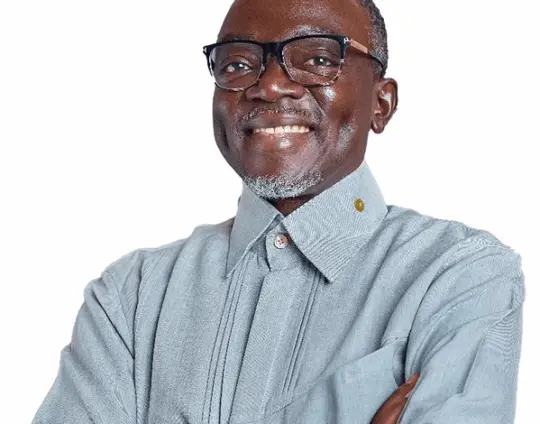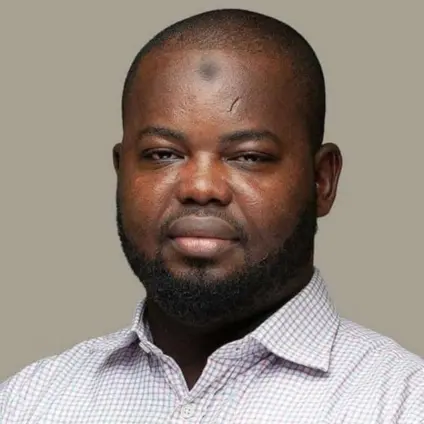In a ceremony imbued with historical significance in Ouagadougou, Burkina Faso, a street was recently named after Ghana’s former President, Jerry John Rawlings. The honor underscores the enduring bond between the two nations and the shared Pan-African vision of Rawlings and Thomas Sankara. Kimathi Rawlings, son of the late president, attended the ceremony and used the occasion to reflect on his father’s legacy, and the urgent need for African unity, emphasizing that now, more than ever, the continent has an opportunity to unite. The event prompts a critical examination of what this recognition means for the legacies of both Rawlings and Sankara, and how Africa might realistically achieve the unity Kimathi Rawlings envisions.
The street naming serves as a potent symbol of the deep-rooted friendship between Ghana and Burkina Faso, a relationship forged through the shared ideals of Rawlings and Sankara. Both leaders were staunch advocates for Pan-Africanism and the empowerment of ordinary citizens, principles that guided their governance and continue to inspire movements across the continent. Kimathi Rawlings, in a recent GTV interview, underscored the importance of the event, suggesting it was a recognition that was overdue. This acknowledgment highlights the ongoing relevance of their philosophies in contemporary Africa.
“I think it’s something that should have happened at this magnitude a while ago,” Kimathi Rawlings stated, reflecting on the significance of the street naming. The Thomas Sankara Foundation plays a vital role in preserving Sankara’s memory and ideals, a mission the Rawlings family actively supports. “The Thomas Sankara Foundation has done its best to keep [Sankara’s] legend alive. And we’ve always been happy to support,” Kimathi noted, emphasizing the importance of remembering and celebrating revolutionary leaders who championed the cause of their people.
Kimathi Rawlings’s call for African unity resonated strongly during the ceremony. He believes the current global landscape presents a crucial opportunity for Africa to forge a more unified path, prioritizing self-reliance and internal progress. “I think now more than ever, we have the opportunity to come together as a continent,” Kimathi asserted, highlighting the timeliness of his message. This call to action comes at a moment when global power dynamics are shifting, offering Africa a chance to define its own future on its own terms.
Rawlings stressed the importance of transcending divisions and breaking down silos that have historically hindered collaboration among African nations. He envisions a continent working in concert, leveraging its collective strength to address common challenges and pursue shared goals. “Not just divided where everybody is doing something in their own little corner. Together, I think we can be a force for good in this world,” Kimathi Rawlings explained. Overcoming these historical divisions requires a concerted effort to foster trust, build bridges, and prioritize the collective good over individual national interests.
Expressing optimism for the future, Kimathi stated, “Let’s streamline things, let’s work towards a better future. And I think our leaders are on the precipice of making that happen. So I think we’re in a good place.” He believes African leaders are poised to make significant strides toward greater unity and progress, creating a more prosperous and equitable future for all Africans. The role of leadership is paramount in fostering this unity, requiring visionary leaders who can inspire and mobilize their populations towards a common purpose.
The relationship between Ghana and Burkina Faso extends beyond symbolic gestures; it is rooted in a shared history and a commitment to mutual support. In Accra, Ghana, a prominent roundabout was renamed Sankara Circle during Rawlings’s tenure, originally named Akuafo Roundabout, then Redemption Circle, serving as Ghana’s own tribute to Thomas Sankara. This renaming symbolized the strong bond between Rawlings and Sankara, solidifying the connection between their respective nations. The gesture reflected a reciprocal appreciation for their shared vision of Pan-Africanism and social justice.
However, the Sankara Circle later underwent further transformation with the construction of the Sankara Interchange. In 2005, it was officially renamed the Ako Adjei Interchange. Despite the official change, many Accra residents continue to refer to the location as Sankara Circle, demonstrating the enduring impact of Sankara’s legacy on the Ghanaian consciousness. The renaming, while perhaps reflecting shifting political priorities, does not diminish the historical significance of the original gesture in the broader context of Ghana-Burkina Faso relations.
The street naming ceremony in Burkina Faso stands as a powerful testament to the lasting impact of Jerry John Rawlings and Thomas Sankara. Kimathi Rawlings’s impassioned plea for African unity serves as a call to action, urging the continent to seize the present moment and work collaboratively towards shared prosperity. Learning from past mistakes and embracing a spirit of cooperation, Africa can overcome its challenges and achieve its full potential. As Kimathi Rawlings eloquently stated, “United we will rise and divided we will fall,” underscoring the fundamental importance of unity in shaping a brighter future for the continent. The question remains: how will Africa respond to this renewed call for unity in the years ahead?
Image Source: MYJOYONLINE






















